Culture
WOUB to air documentary about Don Lewis, an unsung modern music visionary from Ohio – Feb. 4 at 9 pm
By: Emily Votaw
Posted on:
ATHENS, Ohio (WOUB) – It’s difficult – if not impossible – to tune into any contemporary radio station for more than a few minutes without hearing a synthesizer of some kind.
This is a relatively new phenomenon. As difficult as it may be to believe to those who did not experience it firsthand, not so long ago the music industry viewed the development of electronic instruments with a fearful suspicion.
Perhaps the key institution shaking in their boots over concerns that synthesizers would somehow completely replace traditional instruments was the American Federation of Musicians (AFM) – a labor union for musicians that’s been around since 1896. In fact, the AFM was so concerned about the development of electronic instruments that it actively worked to sabotage the advancement in music technology and especially those who embraced it.
One of their primary targets was Don Lewis, a trailblazing electronic music composer, engineer, and musician born in 1941 in Dayton, OH. Lewis is a major unsung hero in the history of popular music – having created an integrated sound controller for analog synthesizers, his Live Electronic Orchestra (LEO), years before the development of the MIDI.
Lewis’ life and legacy are chronicled in Don Lewis and the Live Electronic Orchestra, a documentary from filmmaker Don Augustenborg that premieres on WOUB-TV Saturday at 9 p.m. ET.
A few weeks before the broadcast, WOUB Culture had the opportunity to interview not only Augustenborg, but also Don Lewis’ wife, Julie Lewis, who served as an Associate Producer on the film.
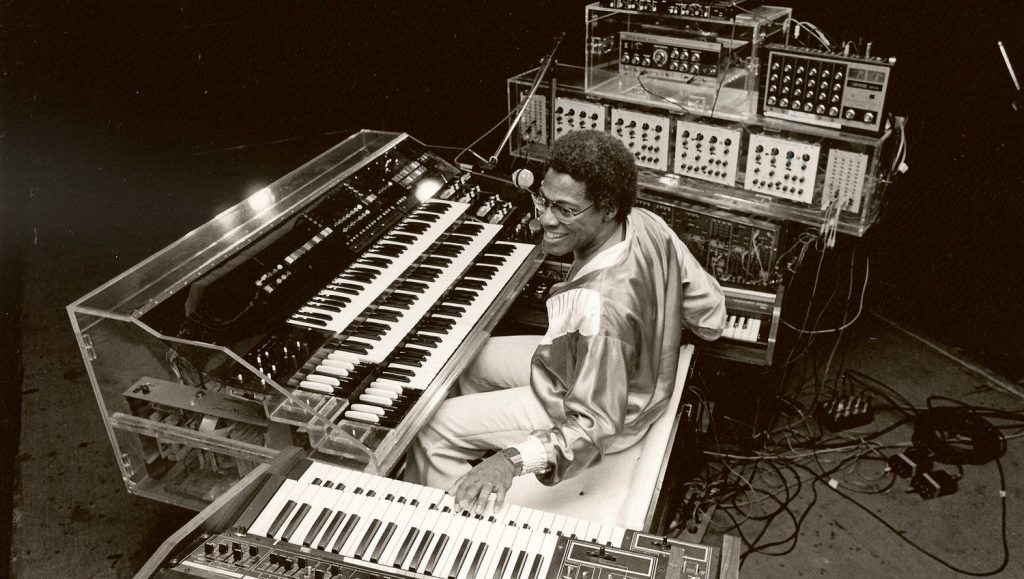
WOUB Culture: How did you first meet Don Lewis, and what were your impressions of him that first time you met?
Julie Lewis: Don was a friend of my brother. I first saw him performing in the early ‘70s in Denver, CO at a nightclub along with my family. This was pre-LEO and during a time when Don was adding synthesizers to his core instrument the Hammond X-77. Don had created a music style that a Chicago music reviewer described as “Clazz.” Whether playing pop tunes, jazz, classical, or gospel songs, he morphed these styles together with his own signature arrangements. Mostly his music in live performance flowed spontaneously and while he may have played a song multiple times with a general pattern, it was rarely played exactly the same way twice. He had a genius for real time arranging during his performances.
Don had a wonderful voice and sang well. After building LEO and moving to San Francisco in ‘77, he studied with famed vocal coach Judy Davis becoming more focused on the power of his voice and the message of the song. There was a subtle shift during these years after LEO was built. As Don mastered LEO and the complexity of playing so many synthesizers at the same time, he became more committed to his singing; bringing his music to a new level and reflecting his belief that music is life and has the power to affect and change who we are.
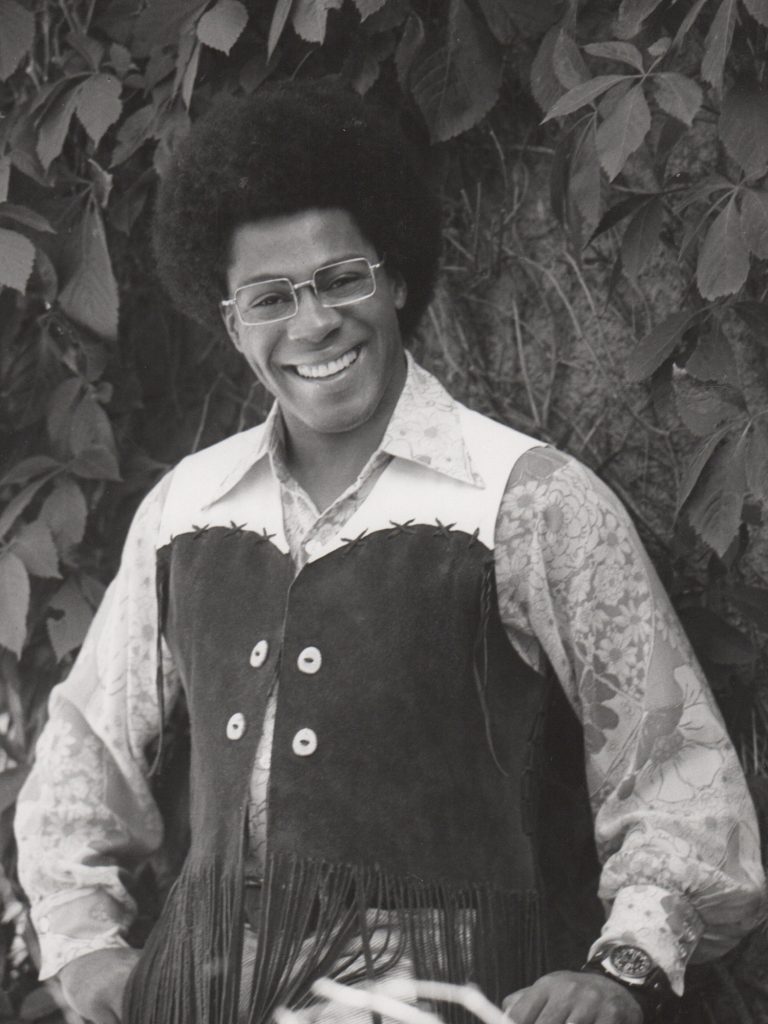
Julie Lewis: From the beginning Don and I were best friends and a team. After our marriage in 1978, we worked together at The Hungry Tiger in San Francisco to build a following. I took charge of creating a mailing list and putting on promotions with the cooperation of the Hungry Tiger. We worked together to enhance Don’s brand and repertoire. Within a few years we went from zero to over 6,000 Bay Area fans on the fan list. That was a lot of postcards to print, label by hand, and stamp! We didn’t have computers then or social media, so it was all done through the mail and local media exposure!
We went through all the ups and downs together including the union action so of course I know Don’s and our story well. I worked with Don on recording projects and later produced our shows including the Young Expressions Concerts. Ned was dedicated to telling Don’s story in the best way possible and I was able to help by providing information, setting up interviews, and sharing input. It felt natural to be a part of the documentary production.
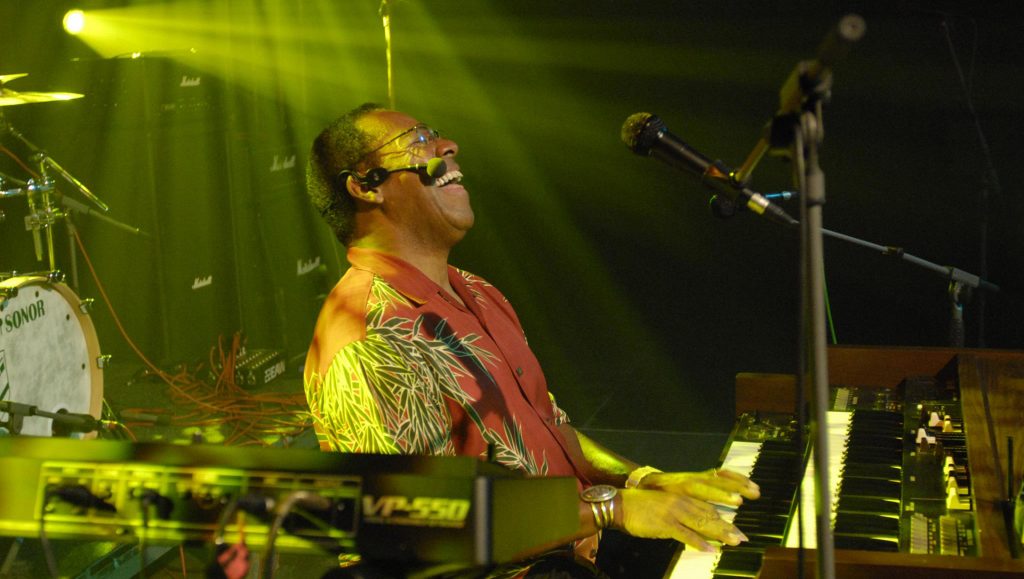
Julie Lewis: Don was always inquisitive and thinking outside the box. Whenever he was testing a keyboard, he was already thinking about the next generation and asking “what if?” He was seemingly born to be enthusiastic and was forward thinking. As a descendant of African slaves in this country, clearly the union was not the first time he encountered prejudice or being minimized. He used to say “ Every day is an audition for me.” Although he experienced anger and frustrations at times, ultimately love, kindness, and humor were important tools in his life journey. He often said that as a child, his grandmother always told him to remember “always to be nice to people.” He was capable of forgiveness which allowed him to move forward with his life.
When Celia Rabinovitch who was heading up UC Berkley Extension in the ‘80s reached out to Don with an invitation to teach a class, he decided to teach the history of gospel music. It was a spiritual journey for him as he researched for the course combining what he was learning with his personal cultural knowledge of the spirituals and gospel music. Don believed strongly that his ancestors survived because of music. The spirituals and work songs suspended time, killed the pain, fostered hope, passed on information for escape, and provided a direct channel to God. He also believed that he was living proof that he came from a heritage of strength and strong will, understanding the atrocities his ancestors survived.
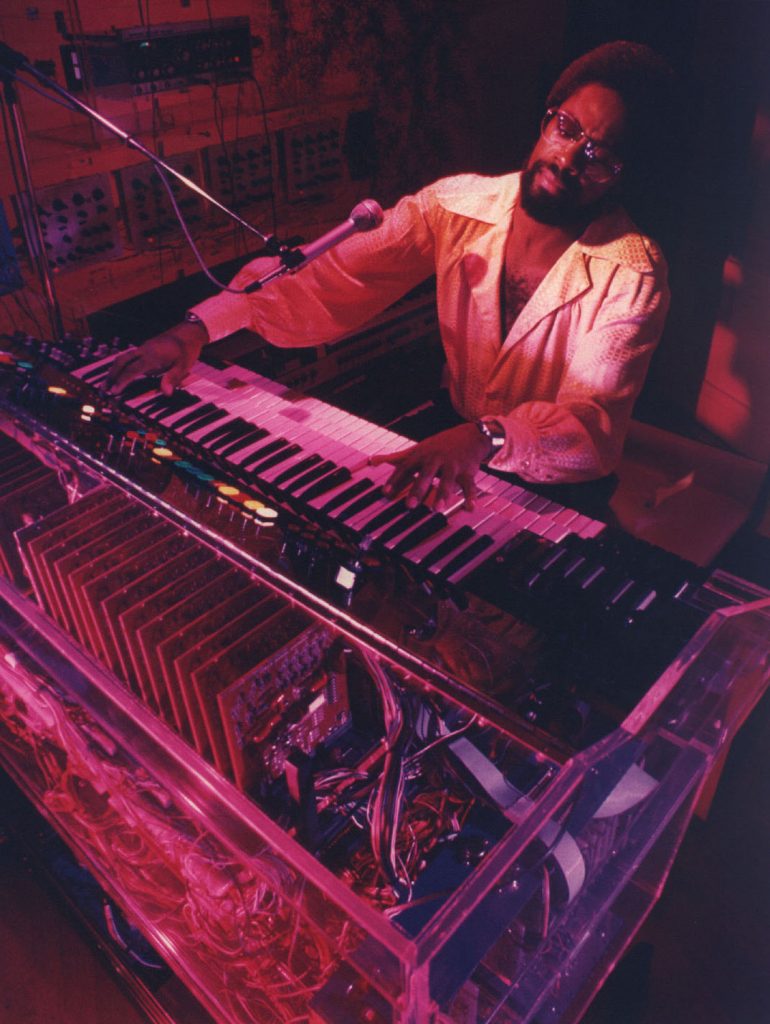
Don was focused on being a creator. He had a core belief that humans were created, to be creative. After the union action and losing our business trajectory, in spite of the hurt and disappointment he experienced, Don continued to dream, create, and find new outlets for his music.
Don believed strongly that his ancestors survived because of music. The spirituals and work songs suspended time, killed the pain, fostered hope, passed on information for escape, and provided a direct channel to God. He also believed that he was living proof that he came from a heritage of strength and strong will, understanding the atrocities his ancestors survived.- Julie Lewis, Don Lewis’ wife
WOUB Culture: This will likely be hard to summarize, but if you had to, what would you say your husband’s legacy is?
Julie Lewis: Love and using the power of music to make the world a better place.
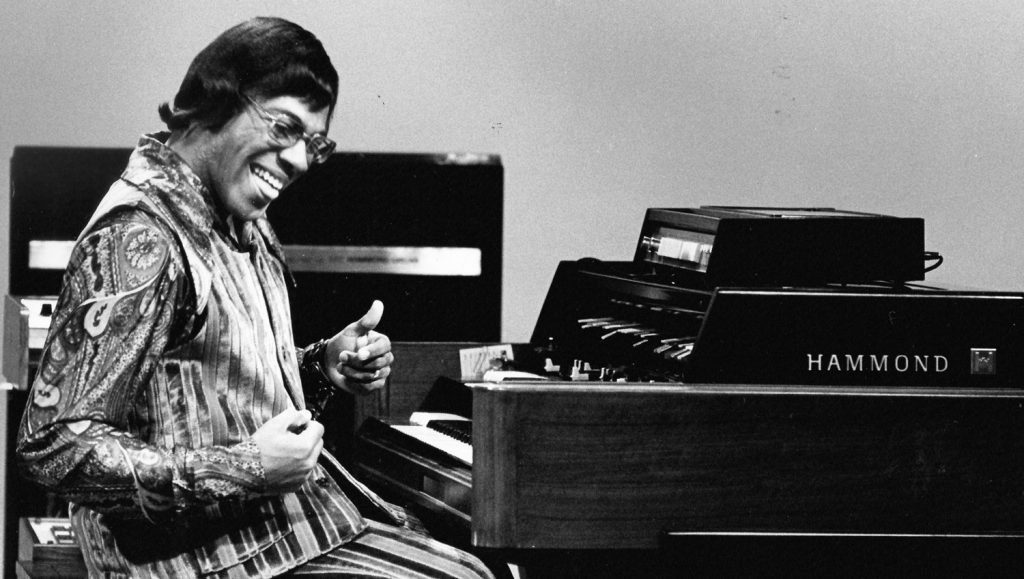
WOUB Culture: What attracted you to the story of Don Lewis, as a filmmaker?
Ned Augustenborg: I’ve always had a fascination with the unique sounds that a synthesizer could produce. Filmmakers have tried to tackle subjects surrounding the synthesizer or electronic music over the years but the focus was usually on the instrument and not so much on the relationship between the sound designer and eventual user; or even its eventual impact on popular music. Don personified all of this. He brought humanity into the subject of technology which allowed me to tell a story in a more traditional fashion without being fearful of getting overly technical with the subject matter.
Additionally, I just felt this unexpected obligation to tell this man’s story. Don was so uniquely gifted and talented as both a musician and a visionary that it seemed wrong not to share him with the world.
WOUB Culture: What kind of threat did the AFM see in Lewis’ musical technological advancements?
Ned Augustenborg: The AFM was fearful that synthesizers were going to take the place of traditional instruments and have a negative impact on their membership numbers – fewer members means fewer dues and less money for the Union. Typically labor unions are usually opposed to technology because it measures out to fewer jobs due to automation – which is understandable. The AFM targeted Don because he was an individual that represented their worst nightmare – one musician creating a multitude of sounds through technological advancements. Don was an easy target, so they thought. The AFM did a lot of damage to a number of working musicians while invoking fears that the synthesizer needed to be banned. The Union simply didn’t understand that the technology that they were trying to hinder, would eventually benefit everyone in the industry – including the Union.
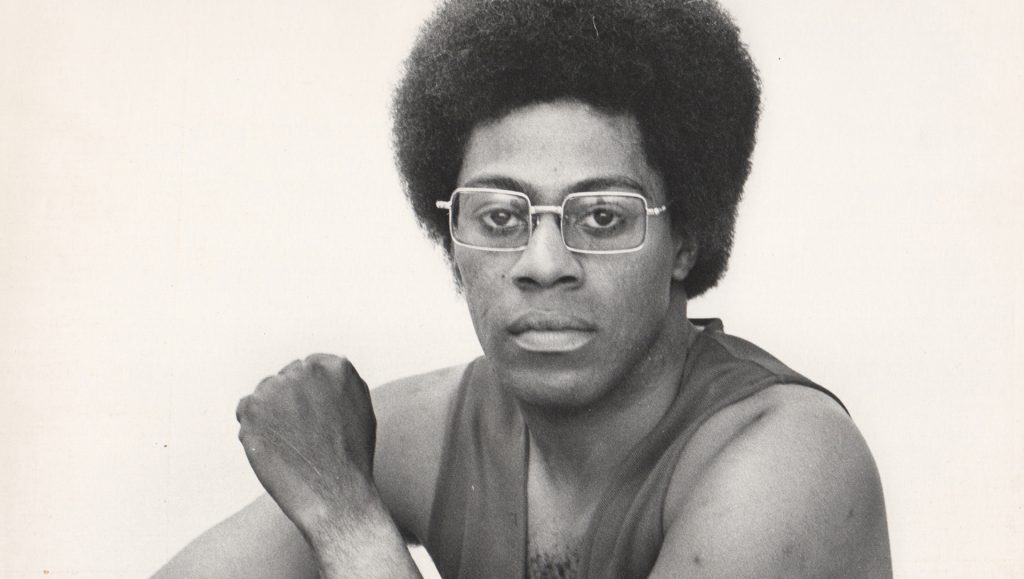
Ned Augustenborg: Don was one of those lucky people on the planet who understood the importance of people. He realized at an early age that life was all about creating positive connections with others. Successful or not, I try to emphasize this by exposing what I think is a fairly obvious parallel: one part is the special connectivity that a musician gets to experience as he performs to an audience, the other is the connectivity of wires, sound modules and keyboards that not only lead to the creation of his Live Electronic Orchestra, but ultimately to a music industry standard (MIDI) ten years later. In fact, if I had one word to define this film it wouldn’t be “synthesizers” or “music”, it would likely be “connectivity”.
WOUB Culture: Lewis died in 2022. Did you have an opportunity to share the film with Lewis? And if so, what was his reaction?
Ned Augustenborg: I pulled Don into the process of making this film as much as possible. In fact, working with Don on the scoring of the film was truly a highlight for the both of us. He was fascinated by the process of filmmaking every step of the way. It wasn’t unusual to share early rough cuts of scenes and sequences with Don and his wife to ensure a factually accurate story. Documentaries, to me, are all about truth… it’s mandatory. To answer your question, yes he was able to view the final PBS cut. Don reacted with tears of joy! He never imagined that someone would take so much time and care into telling his story. He was so grateful and humbled by the outcome.

